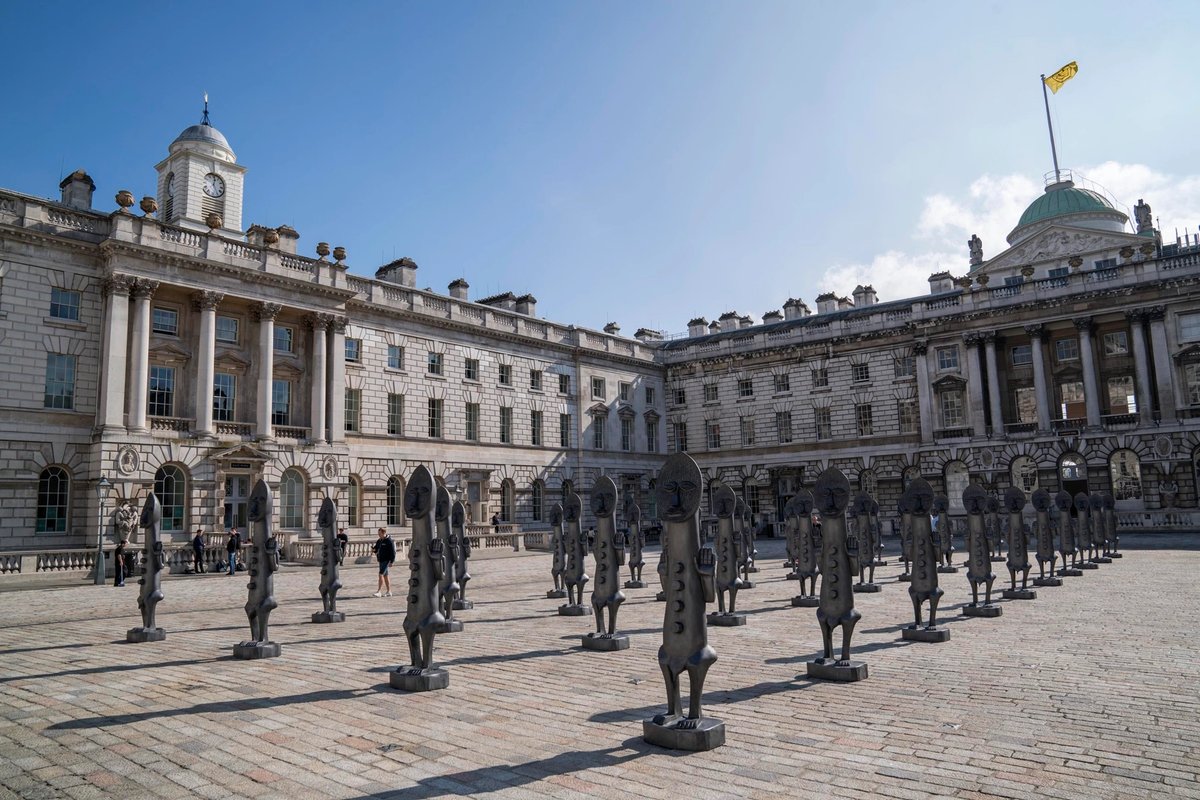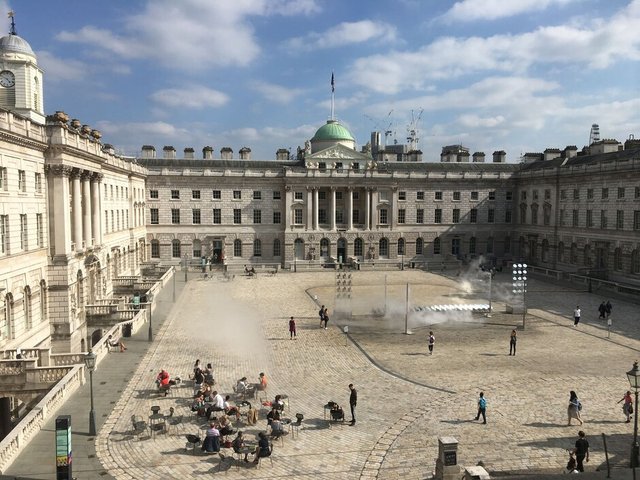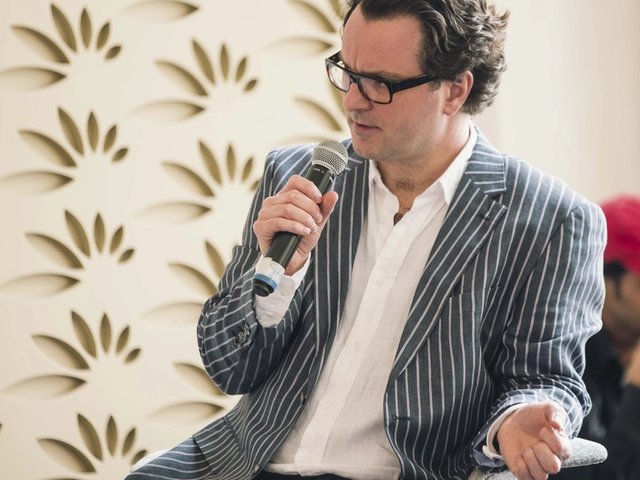The Courtauld Institute of Art in London will create two new permanent teaching posts in modern and contemporary art of Africa and the African diaspora, boosting research and scholarship in the field. The move comes after the University of London college received a $750,000 grant in funding for the new posts from the New York-based Andrew W. Mellon Foundation. The deadline for applications for the roles of lecturer, or senior lecture, and professor is 6 November.
“The grant from the Andrew W. Mellon Foundation will help further develop the Courtauld’s robust research programme that focuses attention on migration, diversity, and artists who have been marginalised by curricula and arts institutions,” says an institute statement.
New courses will subsequently be offered to undergraduate students from the 2020-21 academic year, while new postgraduate degree special options and research programmes will recruit students for the academic year 2021-22.
Osei Bonsu was recently appointed as curator at Tate Modern in London, responsible for further developing the representation of African art in the institution's collection and programme. He tells The Art Newspaper that until recently, there was little interest in modern and contemporary African art as a serious area of art historical study.
“I welcome the Courtauld’s bold decision to appoint dedicated teaching posts in this burgeoning field. It comes at a time when many arts institutions are consciously questioning the historical dominance of a Western-centred canon, one which they themselves have, often uncritically, chosen to perpetuate,” he says. The School of Oriental and African Studies, part of the University of London, appears to be the only institution in the UK currently offering an Africa-specific Masters degree in contemporary art.
According to a report published last October by the academic organisation, the Royal Historical Society (Race, Ethnicity and Equality in UK History), steps need to be taken to address the lack of research relating to black history. “The taught curriculum for secondary school pupils and university undergraduate and postgraduate students… fails to fully incorporate the new, diverse histories produced by UK and international researchers,” the report says.





